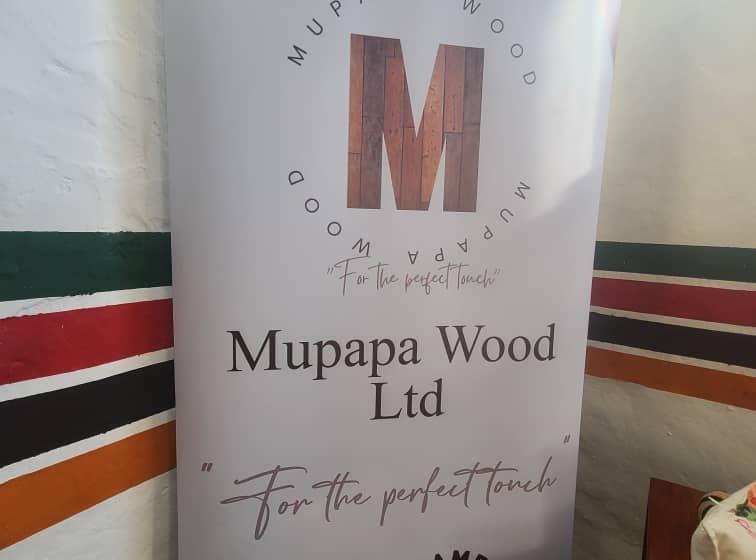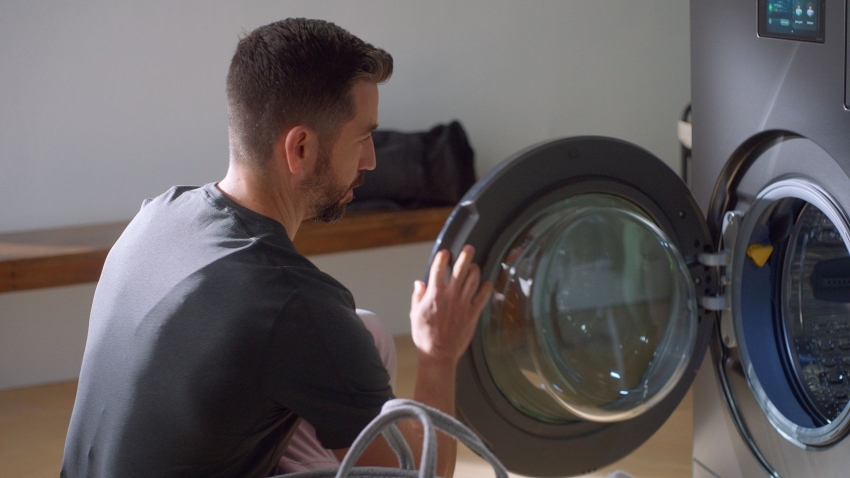Mupapa Targets Global Markets with Climate-Smart Solutions

Mupapa Targets Global Markets with Climate-Smart Solutions
By Francis Maingaila
Lusaka, Zambia — August 2, 2025 – Zambia’s timber sector may be on the brink of a green industrial breakthrough, as Mupapa Wood Initiative, a 100% Zambian-owned company, announces bold plans to penetrate the global export market — all while leading the charge in sustainable forestry, climate adaptation, and rural empowerment.

Speaking at the 2025 Agriculture and Commercial Show in Lusaka, Founder and Chief Executive Officer Ruth Chande Ironeside unveiled the company’s roadmap to becoming a global supplier of certified timber products, compliant with Forest Stewardship Council (FSC) standards — a game-changer for accessing markets in the United States and Europe.
“Our goal is clear — to make Mupapa globally competitive while staying rooted in environmental integrity. FSC certification isn’t just a badge; it’s a gateway to the world,” Ironeside told journalists.

From Local Roots to Global Reach
Mupapa has already initiated the FSC certification process, beginning with its workshop and sourcing timber from certified local suppliers.
The company is also in advanced talks with the Forest Department in Chinsali, where it hopes to secure a forest concession that will support sustainable harvesting, local job creation, and reforestation.
Climate Action Through Enterprise
But Mupapa’s ambitions go far beyond timber sales. Ironside emphasized the company’s commitment to climate resilience, revealing that Mupapa’s non-profit affiliate — the Mupapa Environmental and Social Sustainability Initiative (MESSI) — is actively restoring degraded forest areas, replanting trees, and raising awareness about deforestation.

“We’re not just harvesting timber — we’re planting forests. Through MESSI, we’re making climate action part of our business DNA,” she said.
With Zambia facing intensifying energy and environmental challenges, Ironside said businesses must be part of the solution.
Innovation Amid Energy Crisis
Despite being affected by frequent power cuts, Mupapa has invested in a high-powered generator to maintain operations. Solar energy, while desirable, remains impractical due to the company’s heavy electricity demands.
However, Mupapa is not standing still — the company recently unveiled an energy-efficient, locally made gas stove aimed at reducing household reliance on charcoal, a leading driver of deforestation.
“Charcoal is choking our forests. We’ve developed a clean alternative — a compact gas stove that’s affordable and practical. You can see it at the Ministry of SMEs booth right here at the show,” Ironeside said.

Empowering Communities, Unlocking Rural Wealth
In Chikupi of Kafue and Chinsali districts respectively, Mupapa is forming cooperatives to empower rural women and youth, aligning with Zambia’s push for Environmental, Social, and Governance (ESG) compliance.
Through partnerships with the Ministry of Small and Medium Enterprises, the company is also helping local entrepreneurs develop value-added forest products like honey and mushrooms — first for the Lusaka market, and later for export.
“This is what green industrialization looks like — creating income, restoring forests, and tapping into markets that demand sustainability,” Ironside noted.
Eyes on the Chinsali Investment Expo
Mupapa will further showcase its sustainable development model at the Chinsali Investment Expo set for September 15–19, where it will seek partnerships, promote its clean energy innovations, and pursue forest concessions critical to future growth.
Ironside expressed optimism that once the government reopens the concession application process — currently under review — Mupapa will be among the first to benefit, addressing its biggest challenge: access to sustainable timber.
“With the right support, Zambia can be a regional leader in sustainable timber. We are ready to take the lead,” she declared.

The Bigger Picture
As Zambia grapples with climate change, economic inequality, and energy insecurity, Mupapa’s model stands as a compelling case for how local enterprises can drive inclusive, green development.
From eco-conscious manufacturing to empowering rural communities, Mupapa is demonstrating that sustainable business is not just possible — it’s profitable and scalable.
“We are not waiting for change. We are building it. From Lusaka to Chinsali, and soon — to the world,” Ironside concluded with conviction.














